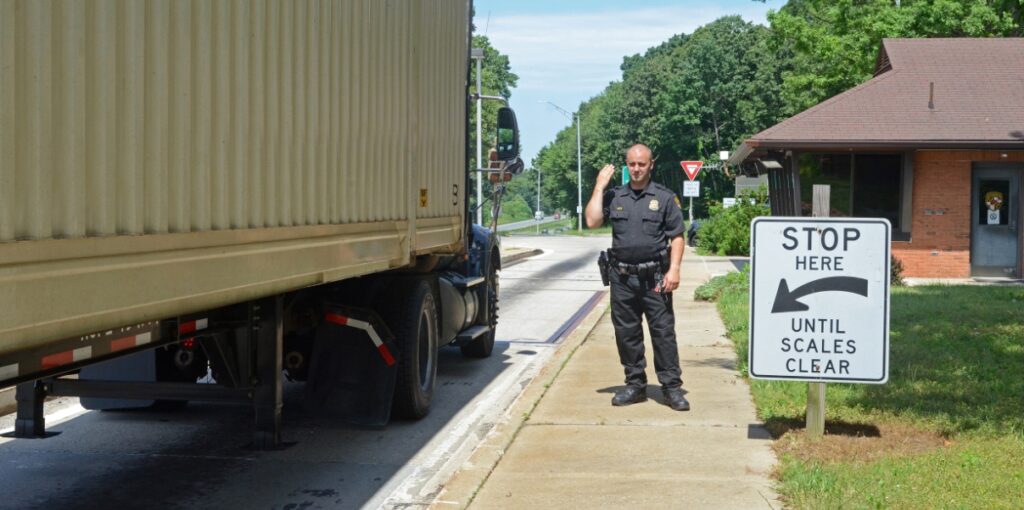I’ve been an owner-operator for six years, and I was a company driver before that. I have built great relationships with freight brokers, and we share advice and tips to be successful in the spot freight market. I think that most brokers don’t realize what a huge impact Electronic Logging Devices (ELD) will have on their business, starting only seven months from now.

Large fleets have adopted ELDs already, but the smallest fleets and owner-operators will put this off. That’s all going to end on December 18, when the ELD mandate goes into effect.
This is actually a great opportunity for freight brokers, especially if you have a roster of reliable carriers who already like working with you. Shippers will need you more than ever, because it is going to get harder for them to find trucks on their own.
ELDs cause a lack of flexibility in driver Hours of Service, so trucks can’t always move as far in any given day. That means less capacity will be available when you need it. Longer hauls will be less desirable, and hauls of 500 or more miles will not be able to make next-day delivery commitments. Two of the main reasons are parking and detention.
- Parking: Drivers won’t be able to fudge their logs, so they’ll be more likely to shut down early to find parking before they run out of hours.
- Detention: Any delay at the loading dock will jeopardize the next appointment. This costs the carrier even more when drivers’ hours can’t be extended.
Drivers and owner-operators do manipulate paper logs now, usually to gain a little extra flexibility. They want to pick up and deliver on time, and they also want to make more money. They’re not dishonest, but if they’re in danger of missing a truck payment, they’ll be tempted to cut a few corners on the log book and run more miles per day.
Once the ELDs are installed, there will be no more secrets. Electronic logs can’t be altered. Those same drivers will not be able to make up the time, so they have no choice but to raise their rates. It’s the only way for them to make more money in a given day.
On the customer side, brokers can expect to get a lot more power-only and team loads from shippers.
- Power-Only: The largest fleets have been placing trailers at customer sites for the past few years. Big shippers have been buying and positioning trailers, too. Pretty soon, they’ll be asking you to find trucks for power-only moves. This is great work for owner-operators, because it’s so time-efficient. If you have customers who can set up drop-and-hook operations, you should be able to get them trucks at competitive rates.
- Team Drivers: You may think of a 500-mile haul as a one-day trip. Starting December 18, you won’t be able to guarantee next-day delivery on a 500-mile run unless you hire team drivers. Actually, “guarantee” is already too strong, and this applies to almost any load with strict appointment times.
How brokers can win in the new ELD environment:
- Set customers’ expectations, and work with them to price and schedule freight moves that will work with ELDs. Can the shipper or receiver offer flexible appointment times? Can the receiver authorize overnight parking?
- Learn everything you can about every load, and communicate openly and honestly with carriers. This is always good business practice, but it will be especially important when you work with carriers who are new to ELDs.
- Build relationships with carriers now. Lots of them are like me — we value loyalty above rates.
This will be a time of great opportunity and plenty of freight. Shippers will be anxiously seeking new brokers who have access to reliable carriers. Brokers who establish relationships with carriers now will benefit the most. The broker who can bring a truck to the dock will be the one who is chosen to provide the service.
Chad Boblett is the owner and driver of Boblett Brothers Trucking of Lexington, KY. Chad also founded the Rate Per Mile Masters group on Facebook, a communications hub for 11,000 members, including owner-operators, truck drivers, and other transportation and logistics pros.


